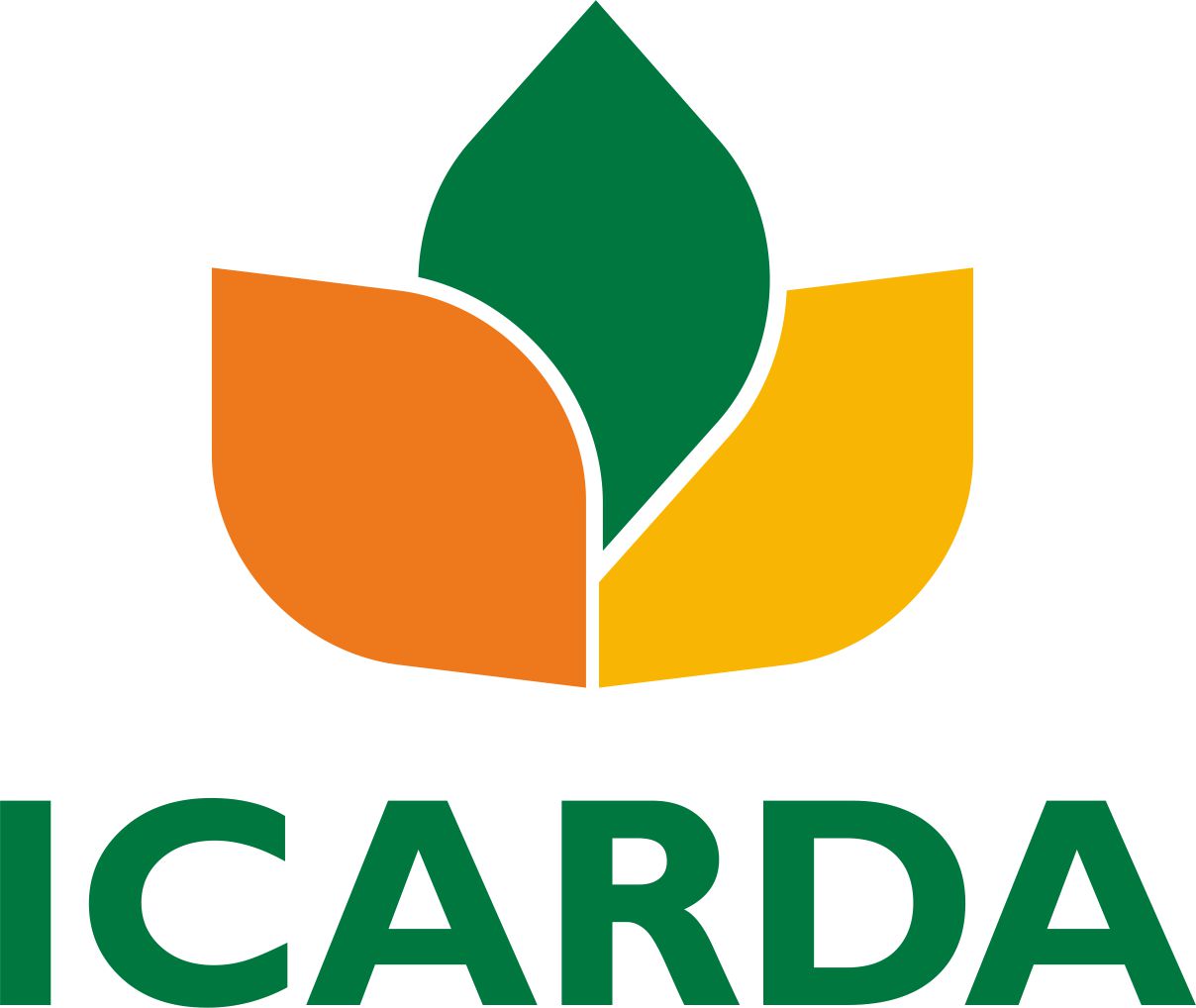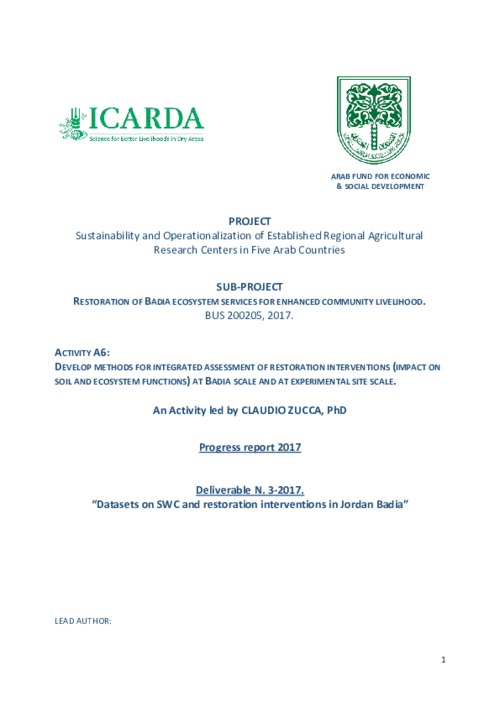Location
The International Center for Agricultural Research in the Dry Areas (ICARDA) was established in 1977. It is one of 15 such centers supported by the CGIAR. ICARDA’s founding mandate to promote agricultural development in the dry areas of developing countries remains highly relevant today.
ICARDA works with a tight focus on the problem-solving needs of resource-poor farmers, achieving this through the in-field delivery of its research outputs. Although global food production has increased by 20 per cent in the past decade, food insecurity and poverty remain widespread, while the natural resource base continues to decline.
International research centers such as ICARDA, which have helped drive previous improvements, continue to deliver new technologies to support sustainable growth in agriculture, and crucially, to work with a wide range of partners to accelerate the dissemination of these technologies.
ICARDA’s biggest strength is its staff – 600 highly skilled men and women from 32 countries. Our research and training activities cover crop improvement, water and land management, integrated crop-livestock-rangeland management, and climate change adaptation.
Other interventions include:
- Water harvesting - supplemental irrigation and water-saving irrigation techniques
- Conservation agriculture methods to reduce production costs and improve sustainability
- Diversification of production systems to high-value crops – horticulture, herbal and medicinal plants
- Integrated crop/rangeland/livestock production systems including non-traditional sources of livestock feed
- Empowerment of rural women – support and training for value-added products.
The ICARDA genebank holds over 135,000 accessions from over 110 countries: traditional varieties, improved germplasm, and a unique set of wild crop relatives. These include wheat, barley, oats and other cereals; food legumes such as faba bean, chickpea, lentil and field pea; forage crops, rangeland plants, and wild relatives of each of these species.
ICARDA’s research portfolio is part of a long-term strategic plan covering 2007 to 2016, focused on improving productivity, incomes and livelihoods among resource-poor households.
The strategy combines continuity with change – addressing current problems while expanding the focus to emerging challenges such as climate change and desertification.
We work closely with national agricultural research systems and government ministries. Over the years the Center has built a network of strong partnerships with national, regional and international institutions, universities, non-governmental organizations and ministries in the developing world and in industrialized countries with advanced research institutes.
THE ‘DRY AREAS’
Research and training activities cover the non-tropical dry areas globally, using West Asia, North Africa, Central Asia and the Caucasus as research platforms to develop, test, and scale-out new innovations and policy options.
Dry areas cover 41 per cent of the world’s land area and are home to one-third of the global population. About 16 per cent of this population lives in chronic poverty, particularly in marginal rainfed areas. The dry areas are challenged by rapid population growth, frequent droughts, high climatic variability, land degradation and desertification, and widespread poverty. The complex of relationships between these challenges has created a "Poverty Trap."
Members:
Resources
Displaying 66 - 70 of 431Outline of the literature review on no tillage treatment effects on soil physical health
The research Activity “Improvement of water productivity and adaptation to climate change through the development of integrated inputs (water and nitrogen) management options” was launched in 2015, and implemented by ICARDA in Morocco, in the frame of the Project titled “Sustainability and Operationalization of Established Regional Agricultural Research Centers in Five Arab Countries”, which was granted by the Arab Fund for Economic & Social Development (AFESD).
Datasets on SWC and restoration interventions in Jordan Badia
This research activity titled “ACTIVITY A6: DEVELOP METHODS FOR INTEGRATED ASSESSMENT OF RESTORATION INTERVENTIONS (IMPACT ON SOIL AND ECOSYSTEM FUNCTIONS) AT BADIA SCALE AND AT EXPERIMENTAL SITE SCALE” was funded as part of the Project titled “Sustainability and Operationalization of Established Regional Agricultural Research Centers in Five Arab Countries” (sub-project “Restoration of Badia ecosystem services for enhanced community livelihood”), granted by the Arab Fund for Economic & Social Development (AFESD) and implemented by ICARDA.
Integrated systems research for sustainable intensification of smallholder agriculture
Sustainable intensification in smallholder agriculture: an integrated systems research approach
First published 2017
Identifying Women's needs related to rangeland governance
This template is related to the study "Identifying Women's needs related to rangeland governance". The purpose of this study is to explore gender roles, relations, constraints and opportunities in livestock production in interdependent agricultural systems of Tunisia, constituting of forest, rangelands and/or agriculture. Overall, there is very little research conducted on gender issues (such as roles, relations, and responsibilities) in agriculture in Tunisia, even less so in rangelands.






